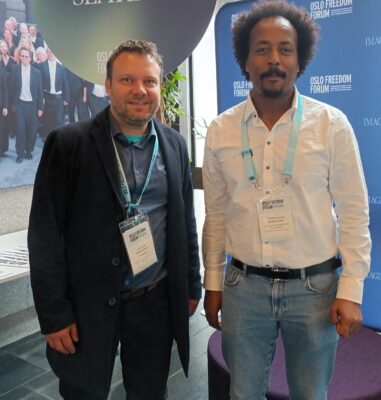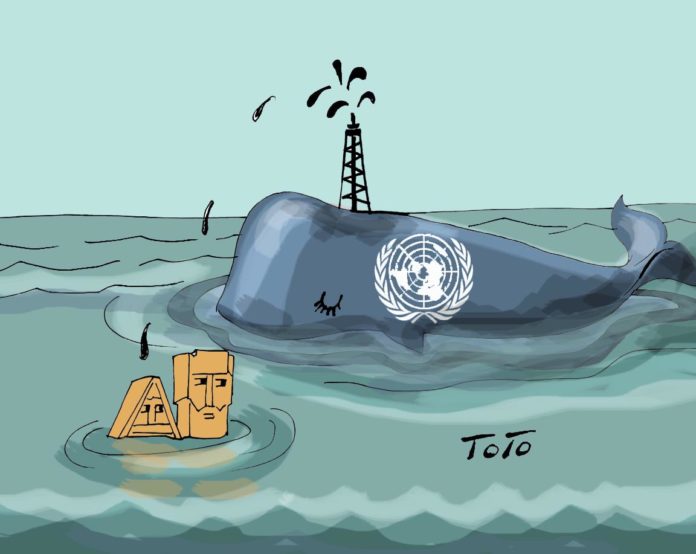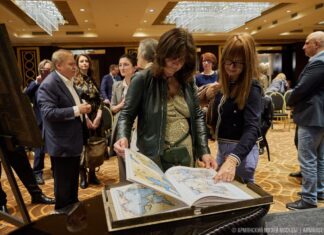It has been almost a month since Artsakh’s blockade by Azerbaijan in full view of the Russian peacekeeping forces. Yet, there is a general apathy in the world and even in the world Armenian community — shocking, as the destiny of 120,000 Armenians is on the line.
On December 31, the Guardian newspaper published a summary of worldwide problems by its correspondents around the world mentioning hotspots to be watched during the new year. They listed more than 100 conflicts to be concerned about; Artsakh’s blockade was not among them. That demonstrates the priority of Artsakh on the global scale of crises and makes it understandable that the political world has much more pressing crises to tend to. Therefore it becomes exclusively our burden to watch and seek solutions for it, before Baku forces its own solution by depopulating Artsakh.
Armenians have seldom behaved with such nonchalance in view of a crisis. Have we collectively given up after witnessing so many continued tragedies which may have numbed our sense of responsibility?
The new state minister of Artsakh, Ruben Vardanyan, has stated that the people of Artsakh have three choices: join Azerbaijan, leave or fight. He concluded, “We have chosen to fight.” This is easier said than done, since the imprisoned population of the enclave can hardly assume the burden of fighting alone as people in Armenia and the diaspora watch that struggle powerlessly.
As the political puzzle of the situation in and around Artsakh does not leave any political avenue to resolve the crisis, that leaves the option of unconventional venues.
To begin with, the source and the cause of this apathy is the chaotic political situation in Armenia and the disintegration of leadership and authority in the diaspora. Many pundits and analysts in Armenia ask what coherent policy does the government have to tackle the situation, but there have not been no convincing answers to this yet.









